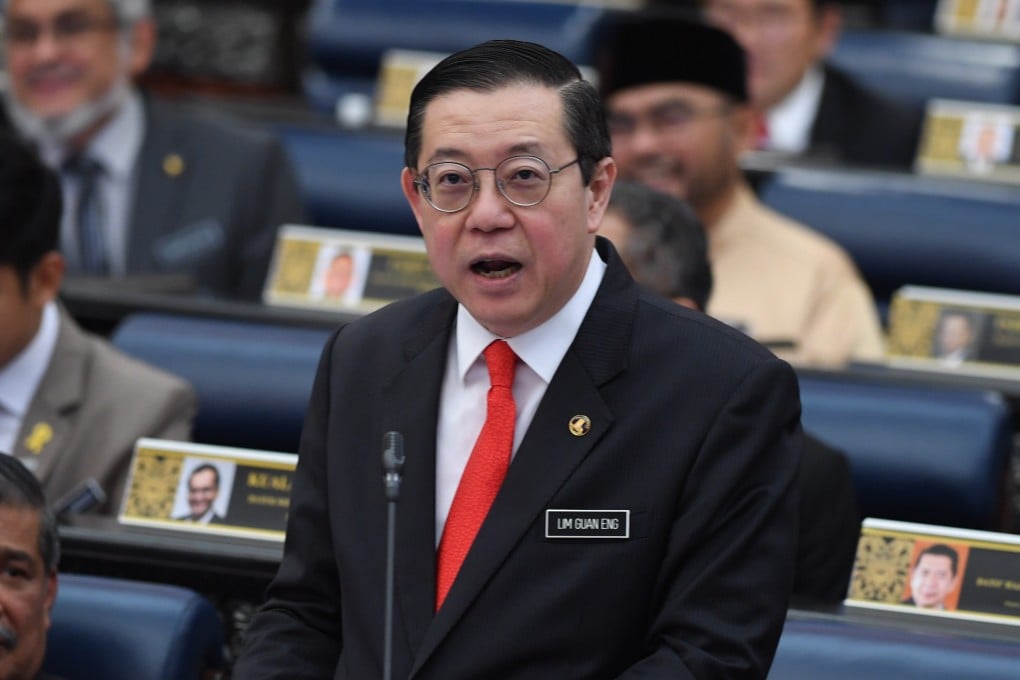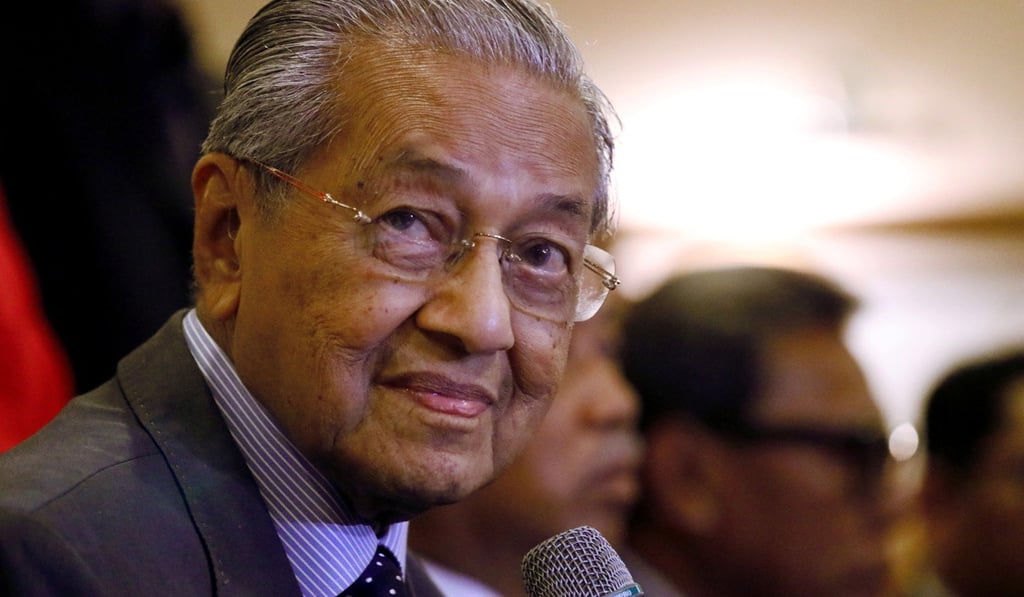Advertisement
In new budget, Malaysia targets Chinese investments as tariff war rages on
- Measures to attract investments include a ‘special channel’ for firms from China, and packages to entice Fortune 500 companies, the finance minister said
- The government will also incentivise employers to hire local workers, and continue working to recover funds looted from the 1MDB state fund, Lim Guan Eng said
Reading Time:4 minutes
Why you can trust SCMP

Malaysia’s finance minister on Friday announced fresh incentives to lure foreign investors looking for safe havens in Asia amid the US-China trade war, as he unveiled a budget containing “pre-emptive” measures to deal with the gathering economic dark clouds.
Among the plans was a “special channel” to attract investment from China – which in the first half this year was second to the United States as a source of manufacturing foreign direct investments (FDI) to the country.
“The protracted trade war creates a unique opportunity for Malaysia to again be the preferred destination for high value-added foreign direct investments,” Lim Guan Eng told lawmakers in parliament.
Advertisement
His budget statement has been highly anticipated, as the government of Prime Minister Mahathir Mohamad comes under increasing pressure for making policy U-turns and dithering on pledges made before last year’s election.

Advertisement
The 18-month-old administration has also come under fire amid heightened racial and religious tensions in the country, and a lack of clarity on when 94-year-old Mahathir will hand over power to his named successor, Anwar Ibrahim.
The budget was well received by local economists.
Advertisement
Select Voice
Select Speed
1.00x